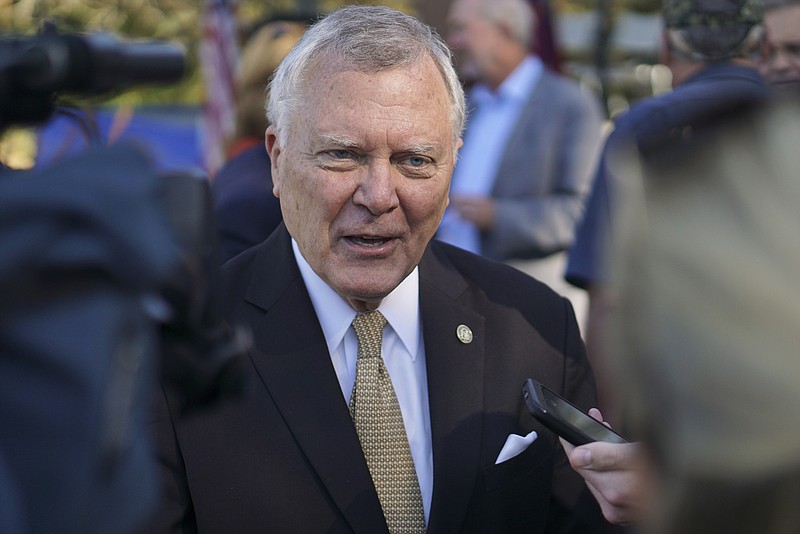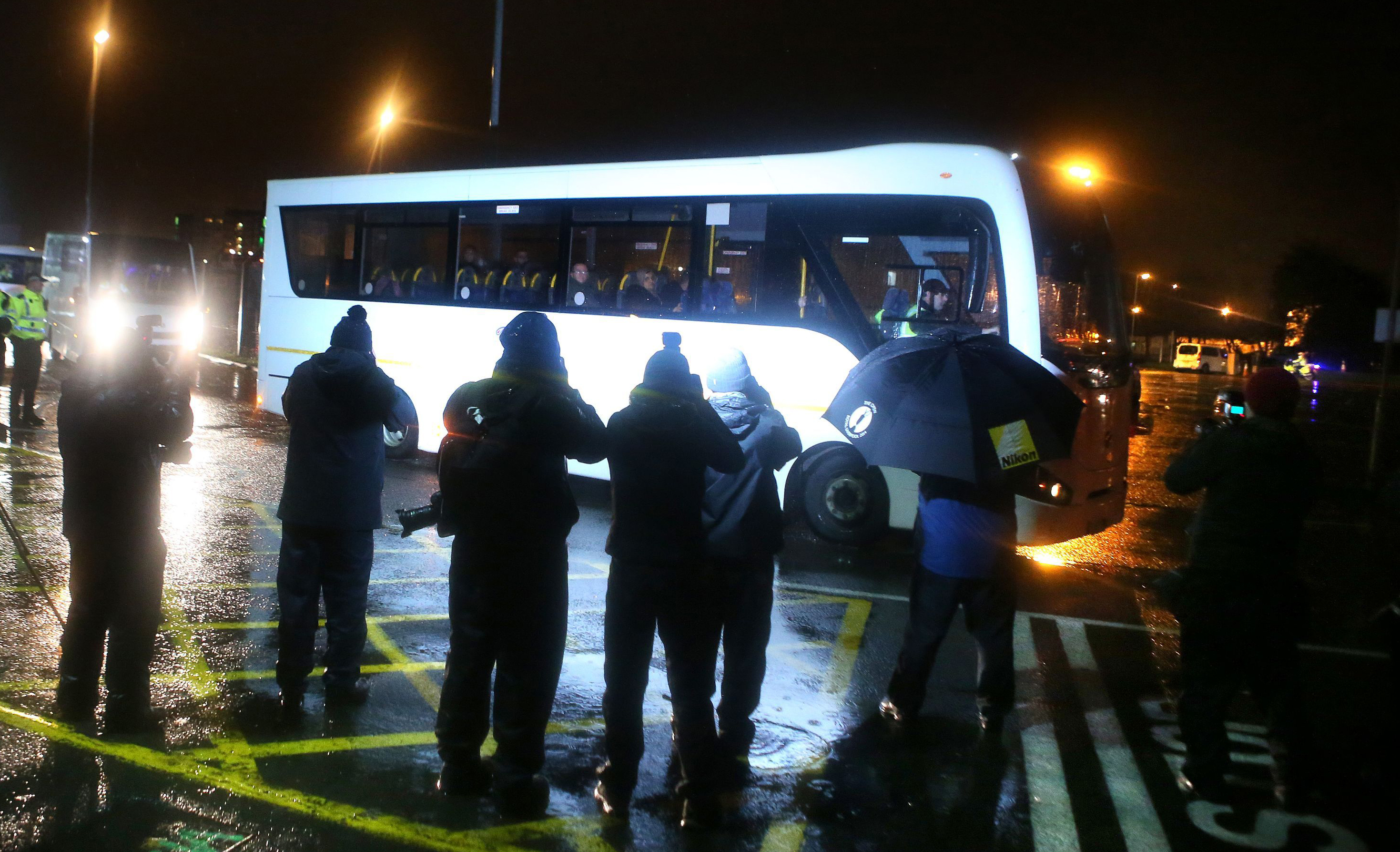Read more
* Experts say states lack legal authority to block refugees * Sohn: Religion is a poor litmus test for security or compassion * Georgia, Tennessee and Alabama move to stop accepting Syrian refugees * Group says Haslam, state lawmakers on 'wrong side of history' regarding Syrian refugees * Alabama Gov. Bentley directs state agencies to resist Syrian refugee relocation* Wary governors halt, question plan to accept Syrian refugees
ATLANTA - Gov. Nathan Deal on Tuesday stood by an executive order preventing Syrian refugees from being resettled in Georgia despite legal experts' doubts about states' authority over the federal program.
"We'll find out," Deal told The Associated Press on Tuesday when asked if he believed the state could prevent resettlement. "I've received no indication that the Obama administration is going to cooperate with the state whatsoever. The last time we raised the issue, they wouldn't tell us who these people were. They would not tell us where in our state they had placed them."
The Republican stopped short of agreeing with calls by several GOP presidential candidates to give preference to Christian refugees. He did question how many Syrian refugees already resettled in the U.S. are Christians, calling them "a primary target" in the region.
"I don't think you can put it in religious classification," Deal said. "I think it is appropriate, however, to ask how many of these refugees are Christian."
Experts have said Deal and other governors making similar moves after Friday's attacks in Paris don't have the authority to stop the federal program. Authorities have said a Syrian passport was found near a bomber's body in Paris, prompting more than 20 governors to resist resettlement in their states.
President Barack Obama's administration has pledged to accept about 10,000 Syrian refugees nationwide during the next year. Obama on Monday defended the plan and said the refugees are fleeing terrorism.
The Homeland Security Department and refugee support groups say refugees face the highest level of security screening to enter the U.S.
No refugee to complete the screening process has ever been arrested for implementing or planning domestic terrorism, said J.D. McCrary, executive director of the International Rescue Committee in Atlanta, a humanitarian organization that connects refugees with social services.
"The U.S. system has proven to be very successful in the 35-year history of the resettlement program," McCrary said. "All refugees have gone through the full process. There are no shortcuts."
Resettlement funding comes from the federal government and passes through Georgia agencies to private groups, he said. If Georgia refused to continue, services could be disrupted briefly, but funding would then be sent directly to private groups.
Deal acknowledged that state agencies can't do much to prevent resettlement.
He did order the Georgia Emergency Management Agency to "confirm" the background of the 59 Syrian refugees state officials say have arrived in Georgia since October 2014. Director Jim Butterworth said his agency began "informal conversations" with federal partners on Tuesday and will gather information before reporting back to Deal.
"They're very responsive," he said. "My task during this requested timeout is to build confidence."
Butterworth would not say which federal agencies are assisting or the specific information Georgia wants.
McCrary said the process takes 18 months to 24 months and includes an in-person interview with trained Homeland Security officials.
"Refugee families are fleeing violence, exactly what happened in Paris," McCrary said.

